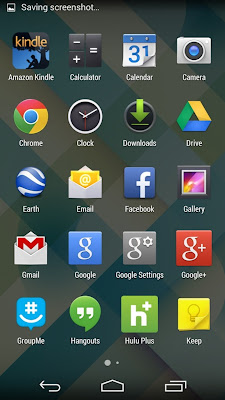Android 4.4 KitKat Continues To Reduce Fragmentation Of The Platform Thanks To Google Play
With the release of Android 4.4 (codename KitKat, in an interesting marketing move with Nestle), Google has taken more control of the software stack of the mobile operating system, leaving less control in the hands of the networks and addressing the issue of fragmentation in Android.
This is not a new strategy from Google. Over the last year more and more services are becoming standalone apps in the distribution, rather than an integral part of the firmware. This means that the apps can be updated through Google Play, rather than waiting for a new version of the operating system slowly moving along the chain that stretches from Mountain View, to the handset manufactures, to the smartphone lines, and then to the carriers, before possibly being made available to the public.
Contrast that to the path that Google has for updating an app in Google Play. They simply push the updated app into the Google Play Store, and with countless Android handsets set to automatically update apps from the Play Store, then code will roll out across the ecosystem.
While many people will focus on the share of phones who have updated the firmware to the next ‘notable number’ in the Android, Google has partially sidestepped that process. There’s no longer a dependency on passing the network certification processes to roll out changes to the applications and many of the library features in Android, because they are no longer part of that package. They’re higher up the chain, and their update is completely under the remit of Google. [...]
Android 4.4 KitKat: Google's simpler, integrated operating system designed for every phone
Google Android 4.4 'Kitkat': seven things you need to know


No comments:
Post a Comment